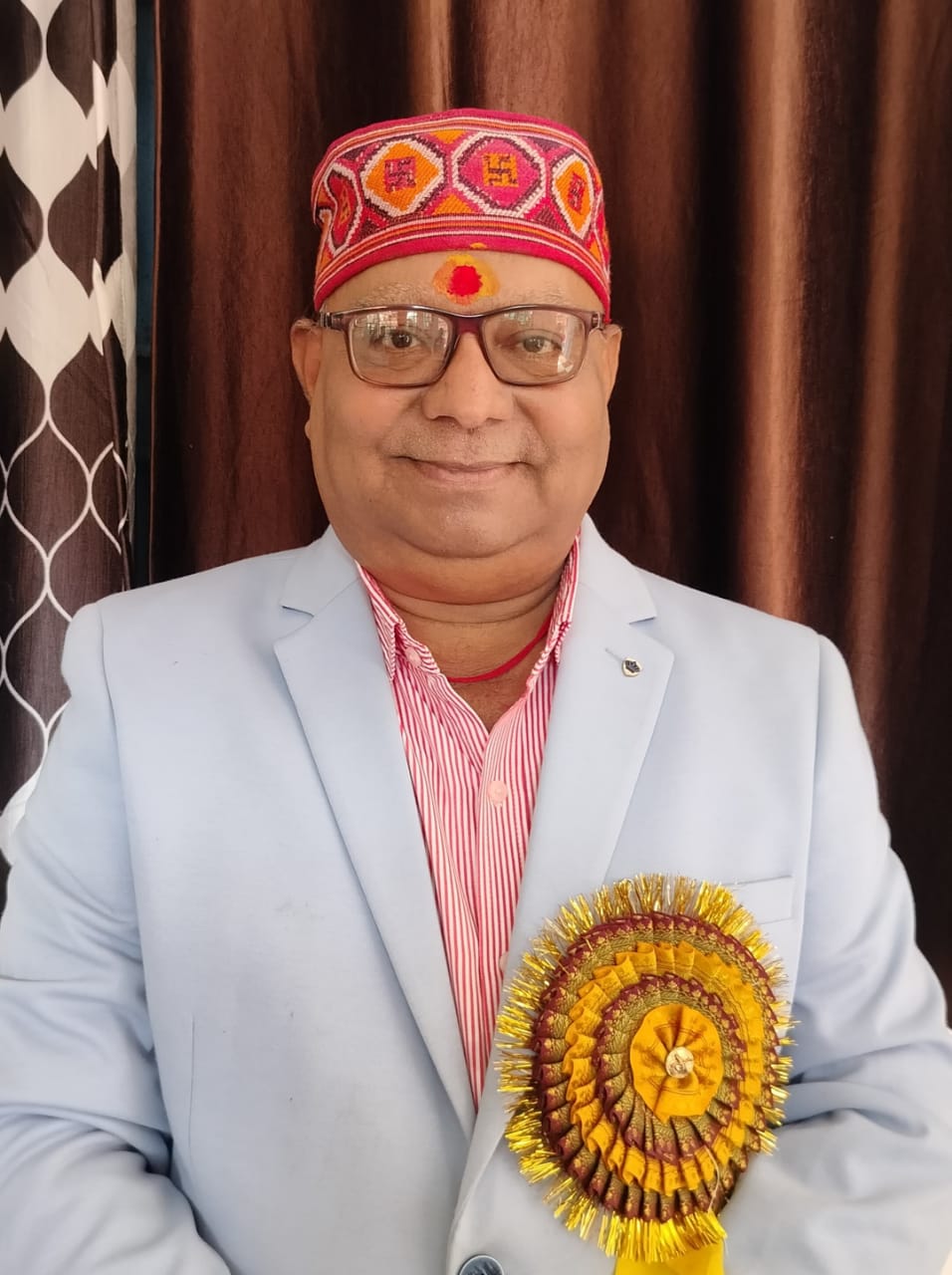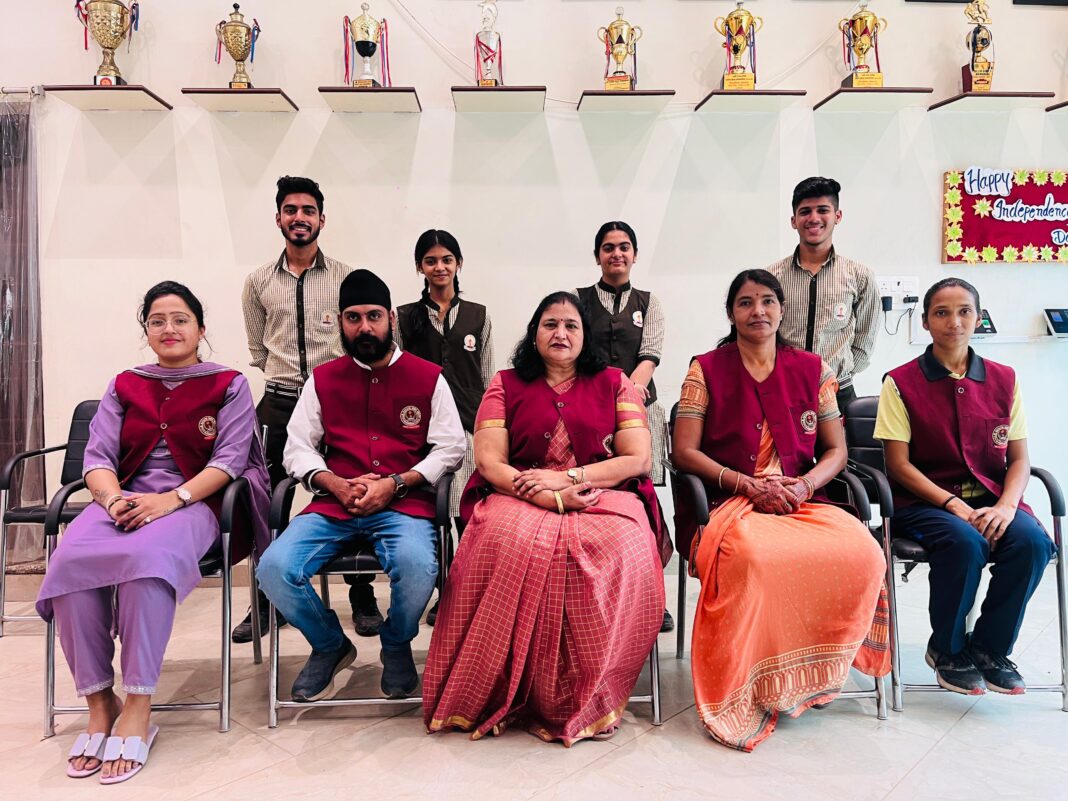Also entrusted with responsibility for Rajasthan and Gujarat to strengthen the organization’s presence
Published on: September 03, 2025
By: BTNI
Location: Chuikhadan, India
In a significant development for the Vaishnav tradition and temple service, Lal J.K. Vaishnav, popularly known as Chhote Raja Bara Chuikhadan, has been appointed as the National Secretary of the All India Priests’ Association.
His appointment was officially made by the Association’s National President, Pujya Devkumar Baladas Nirvani. Alongside this prestigious role, Vaishnav has also been entrusted with the responsibility of Rajasthan and Gujarat, with a mandate to expand and consolidate the organization’s base in these states.
Currently, Lal J.K. Vaishnav is actively serving as the custodian of the Rani Temple in Chuikhadan, Baisahab Radha Krishna Temple, and Jamaat Temple. He has long been engaged in the service of temples, religious traditions, and cultural preservation, playing a key leadership role in spiritual and community affairs.
His appointment has been welcomed with great joy and satisfaction by prominent saints and temple heads, including Mahant Surendra Das (Ram Janaki Temple, Nirvani Akhara), Mahant Hemant Das, Maharaj Chandan Das (Dongargarh Bajrangbali Temple), Maharaj Doman Das (Rajnandgaon Hanuman Temple), Purohit Dilip Das (Kila Temple), Pujari Rinku Das (Pandadah Jamaat Temple), and several others from Chhattisgarh, Madhya Pradesh, and beyond.
Also read- https://www.btnewsindia.com/खान-सर-का-दावा-ट्रम्प-ने-जी/ https://www.btnewsindia.com/मिलेनियम-सिटी-की-बदहाली-ब/
Leaders and representatives of the All India Priests’ Association, along with social and religious figures such as L.D. Nirmohi, Rakesh Das Vaishnav, Sanjay Vaishnav, Dr. Ravindra Dwivedi, Raghvendra Das, Mahant Nandkishore Das, and Dr. Saurav Nirvani, also expressed their congratulations and support.
According to the Sant Samaj, Vaishnav’s appointment is expected to provide new direction, energy, and strength to the organization, ensuring that the voices of temple priests across India—especially in Rajasthan and Gujarat—are represented more effectively.




